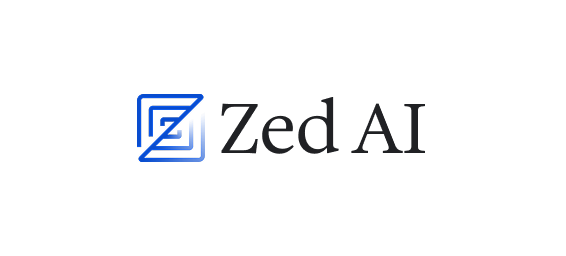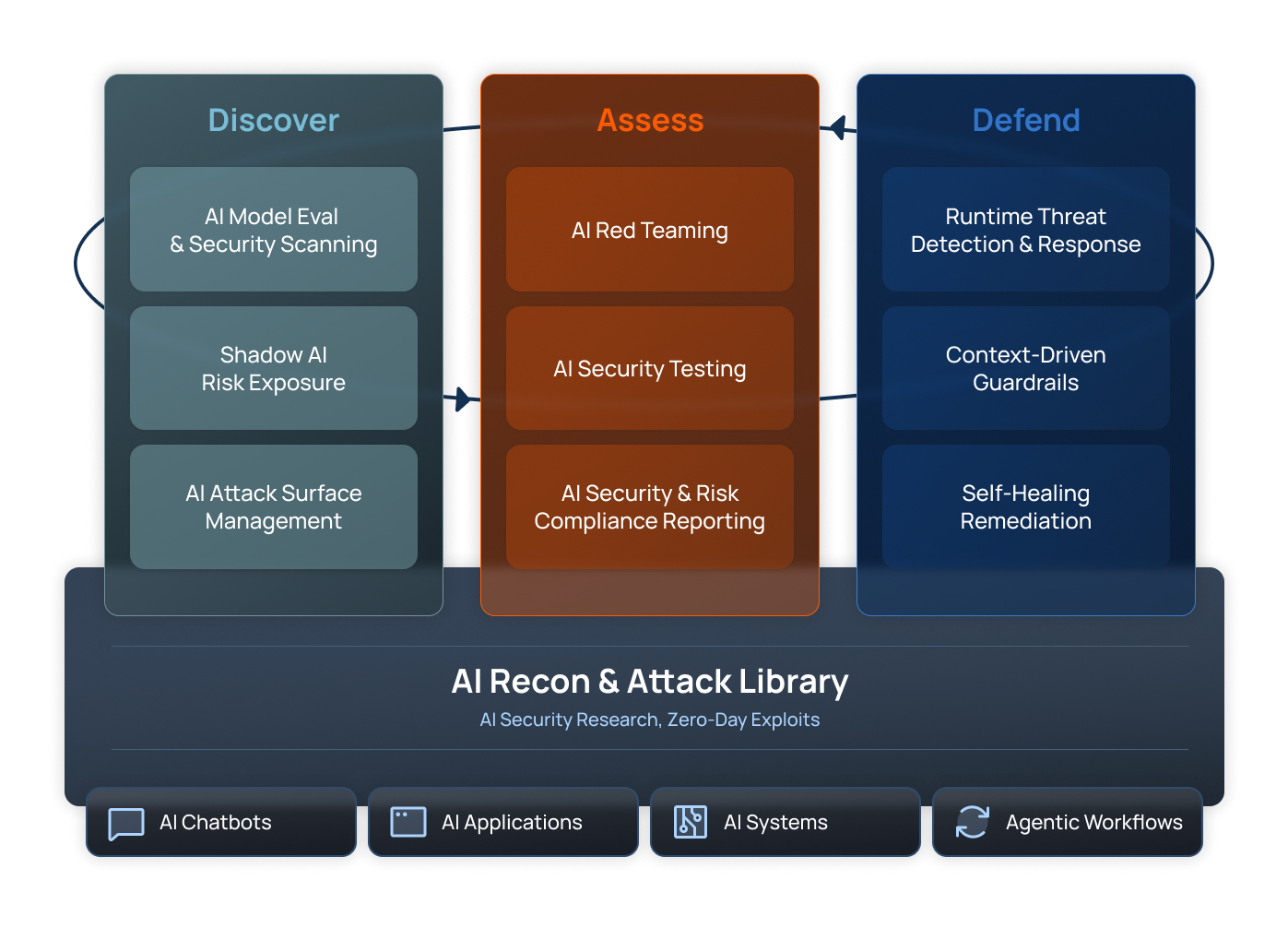Map your AI attack surface, measure and validate your risk, actively defend your AI.


Map your AI attack surface, measure and validate your risk, actively defend your AI.
AI introduces security risks that traditional tools cannot see, leaving organizations blind to how real attacks unfold in deployed AI systems. Mindgard has uncovered critical vulnerabilities across models, tools, and agentic workflows, providing clear evidence of how AI can be compromised and why visibility and enforceable controls are essential to reducing risk.

Mindgard identified a flaw in Google's Antigravity IDE that shows how traditional trust assumptions break down in AI-driven software.
Read More>>

By chaining cross-modal prompts and clever framing, Mindgard technology surfaced hidden instructions from OpenAI’s video generator.
Read More >>

The Mindgard solution identified two vulnerabilities in the Zed IDE and our team worked with the developers on a coordinated remediation process.
Read More >>
The Mindgard Platform starts with attacker-style reconnaissance to map the AI attack surface across models, agents, applications, and infrastructure. It evaluates AI behavior, connected tools, and exploitation paths to reveal how systems can be discovered and abused. Continuous, attacker-aligned testing feeds directly into runtime detection and response, enabling teams to validate controls, block attacks and reduce AI risk.

Join others Red Teaming their AI
























Mindgard delivers AI detection and response through attack-driven defense, giving enterprises the ability to map their AI attack surface, measure and validate AI risk, and actively defend their AI.


AI Security Lab at Lancaster University founded in 2016. Mindgard commercial solution launch in 2022.
Mindgard’s threat intelligence, developed with PhD-led R&D, covers thousands of unique AI attack scenarios.
Integrates into existing CI/CD automation and all SDLC stages, requiring only an inference or API endpoint for model integration.
Organizations big and small, from the world’s biggest purchasers of software to fast growing AI-native companies.
Works with the AI models, agents, guardrails, and applications you build, buy, and deploy. Secure AI across production environments, spanning infrastructure, orchestration layers, and application dependencies attackers exploit. From open source to managed AI platforms, Mindgard delivers attacker-aligned security coverage.






















Whether you're just getting started with AI Security Testing or looking to deepen your expertise, our engaging content is here to support you every step of the way.
Learn how Mindgard secures AI systems by applying attacker-aligned testing, continuous risk assessment, and runtime defense across models, agents, and applications.
Take the first step towards securing your AI. Book a demo now and we'll reach out to you.
